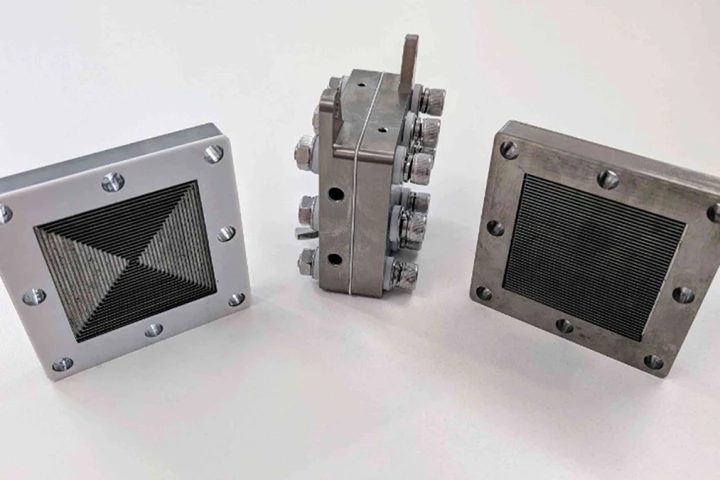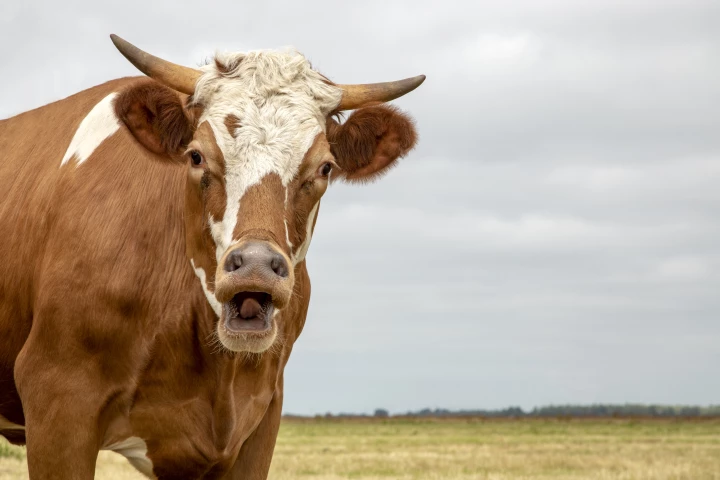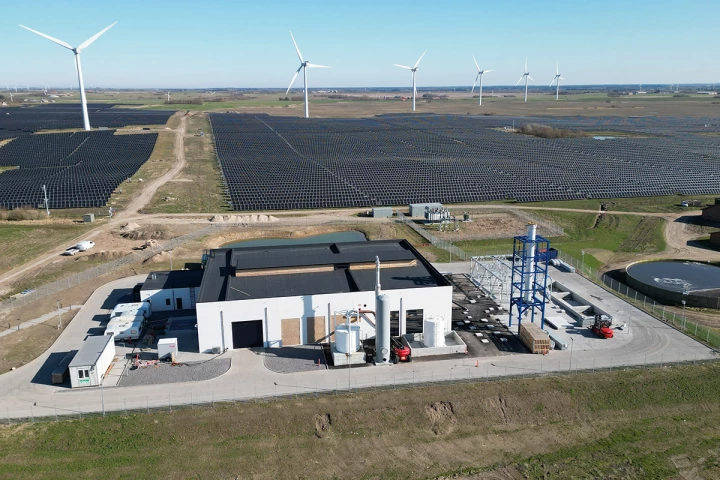Greenhouse Gas Emissions
-
A climate report projects that the world's carbon emissions are on track to hit an all-time high this year, despite major advances in green tech and adoption of measures to curb pollution from the use of fossil fuels.
-
And now for a spot of good news for our planet: the protective layer of ozone continues to heal, with the hole in our stratospheric shield having shrunk to a smaller size in 2024 than in the period between 2020-2023.
-
Seaweed washing onto sandy shores does more than rot. A new study found that it fuels oxygen-tolerant microorganisms that pump methane into the air, overturning a long-held scientific assumption about coastal ecosystems and their climate role.
-
Methane is awful for the atmosphere. It's a major byproduct of many industrial processes, and we now know it also comes from a surprising and seemingly innocuous source – ships passing through shallow waters.
-
Chemical engineers at the University of Sydney are using human-made lightning to produce ammonia – a key ingredient in fertilizers – from thin air and without the need for high temperatures or pressures.
-
Ammonia has enormous potential as a fuel of the future, but most current production methods make it a dirty source of energy. Yet a new method from MIT that would derive the compound using the Earth's rocks and natural heat cleans it up considerably.
-
In the latest bid to greenify ammonia production, researchers have built a portable device to cheaply produce ammonia wherever it's needed by simply using air at room temperature and standard atmospheric pressure.
-
A 3,775-year-old log discovery has lent credence to the idea of burying wood to sequester the carbon it contains. Known as a wood vault, the concept helps keep CO2 out of the atmosphere while allowing the soil to be used for crops and other purposes.
-
In case you haven't heard, the methane in cow burps is a major source of greenhouse gases. There may be a new way of addressing that problem, however, as a recent study shows that feeding cows clay reduces their methane emissions by over 30%.
-
Three Danish energy tech firms have flung open the doors to the first ever green ammonia plant in the world, which is said to be capable of producing 5,000 tons of green ammonia per year, entirely from solar and wind energy.
-
A new solution from Cambridge University could recycle both concrete and steel at the same time, by throwing old concrete into steel-recycling furnaces. If done using renewable energy, the process could make for completely carbon-zero cement.
-
According to some estimates, the generation of the heat used to produce traditional portland cement is responsible for 5% to 8% of all human-made CO2 emissions. A new substance known as C-Crete, however, is claimed to be a much greener alternative.
Load More











